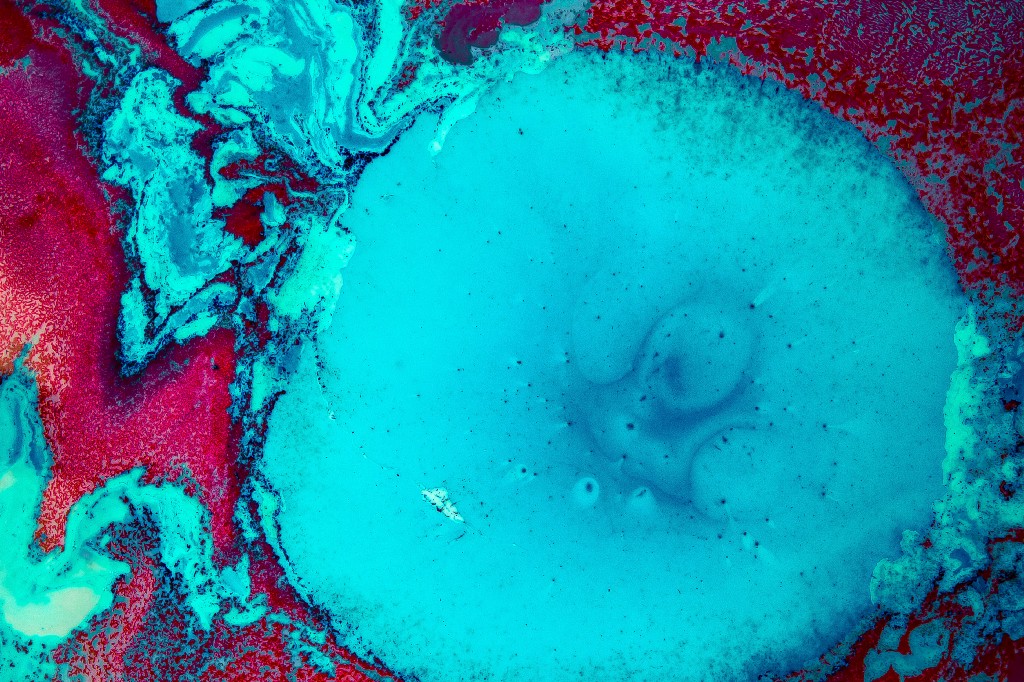After a rocky start, the $108 million Global Health Investment Fund has made its 10th investment, leading a $10 million financing for Vienna-based Themis Bioscience, which has made good progress on a vaccine for the chikungunya virus .
The mosquito-borne disease is found in 60 countries, mostly in Africa and Asia. Death from the disease is rare, but it causes debilitating pain and there is no cure.
The health fund was established by JPMorgan Chase and the Bill & Melinda Gates Foundation to bridge a very specific gap: capital to bring to market promising late-stage drugs, vaccines and diagnostic tools for diseases that disproportionately burden low-income populations.
“We want to shine a bright light on the market opportunity for products that might not be given their fair share of attention,” Glenn Rockman, a partner at GHIF, told ImpactAlpha in an earlier interview. Rockman is joining Themis’ board.
The Global Health Investment Fund backs eye care device startup Iantech
The fund faced early fundraising challenges and several years ago replaced its original manager with a dedicated team. Since then, the team has invested in a device to address cataract-induced blindness, a rapid diagnostic test for HIV, malaria, Ebola and other diseases.
Global Health Investment Fund Lifts Cap on Returns
For a new drug to treat hookworm, GHIF early last year helped develop a novel $25 million financing plan to gain U.S. Food and Drug Administration approval for tribendimidine, a significantly improved treatment for hookworm infections. The financing, arranged by PATH, a Seattle nonprofit, leveraged a voucher awarded by the FDA that could be sold to a commercial drug developer seeking faster regulatory review.
https://medium.com/media/0a83916af01e49d6883150f3be23d1de/href
Such “priority review vouchers” represent “a potentially lucrative source of revenue that can offset part of the development costs and provide a return on investment to funders,” according to the consulting firm Tideline in a report backed by the Gates Foundation. Developers of drugs for eligible tropical diseases get both expedited review and a transferable voucher for review of another drug. Tideline reported last year that Gilead, Sanofi and AbbVie had bought six PRVs for amounts ranging from $67 million to $350 million.
In a 2015 deal, GHIF committed $10 million to Medicines Development for Global Health, an Australia biotech company seeking to register moxidectin as a drug for river blindness. According to Tideline’s report, it was the first transaction to link a financing return to the award and sale of a PRV. The estimated $40 million proceeds would provide a return on GHIF’s investment, ensure the drug’s affordability in low-income countries and establish a fund to develop the drug for other neglected diseases.











